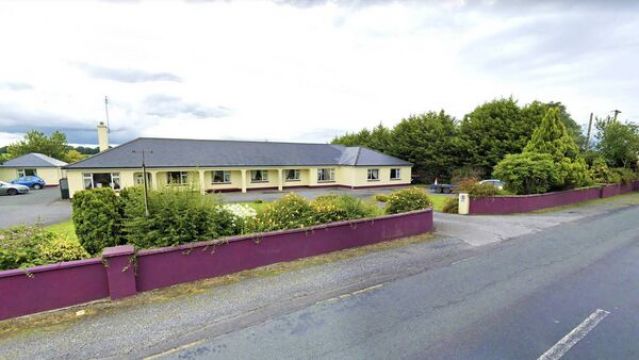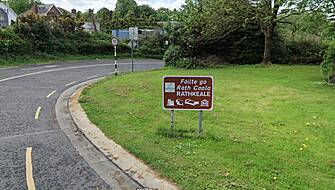Nightingale Nursing Home’s director of nursing, Patricia MacGabhann, who herself tested positive for the virus, had earlier claimed that, despite multiple pleas to the HSE for support, promised staff had failed to materialise.
Ms MacGabhann said: “We are trying to keep our residents alive... We really feel abandoned.”
Some 26 of the home’s 28 residents have now tested positive for the virus, with all but one staff member either in isolation or also a confirmed case.
At the HSE’s latest operational briefing at Dr Steevens’ Hospital in Dublin, chief clinical officer Colm Henry said it was “inevitable” that the virus would “find its way into congregated settings”.
HSE chief operations officer Anne O’Connor said the situation at the nursing home was now under control.
Questioned further as to the seeming contradiction between Ms MacGabhann’s account and the HSE’s account, Ms O’Connor said she had spoken to the head of the local hospital group and had been “assured that the roster is covered”.
She said one nurse from Roscommon Hospital was currently providing care at the home.
Ms O’Connor said that four-long term residential facilities around the country are currently marked as being in need of the highest levels of support from the HSE.
While Nightingale is not one of them, it would soon be added to that list, she said.
Dr Henry said it was “no sense of defeatism” that led him to say that nursing home outbreaks were inevitable.
“The virus hasn’t changed,” he said. “What has changed is that we’re finding out earlier and that allows us to react better.”
He said most of the cases seen in nursing homes at present, including at Nightingale, are asymptomatic.
“We are nowhere near where we were before,” Ms O’Connor said of the nursing home situation in comparison with the country’s first lockdown, when most deaths came from that sector.
The numbers are rising slowly.
Meanwhile, HSE chief executive Paul Reid said that 500 people are now working on contact tracing, with that figure rising by 65 each week.
Head of testing and tracing Niamh O’Beirne, meanwhile, denied that the numbers of tracers within the system are being bolstered after the fact.
The briefing heard updates on the latest infection statistics. By far the worst-affected cohort of people in the country is the 15-24 age group, with a 14-day moving average of over 600 cases per 100,000 people.
By contrast, the 0-14 age group has the lowest penetration of infections.
Some 50% of hospital admissions over the past week have been in the vulnerable over-65 category.
There are currently 305 confirmed cases in hospitals, Mr Reid said, with 35 of those in intensive care, a figure that has held steady for a number of weeks as the virus surged.
Mr Reid said 115,000 tests had been conducted over the past week, with 90% of them completed within three days of referral.
Nine out of ten people are receiving their results within 48 hours, he said.







